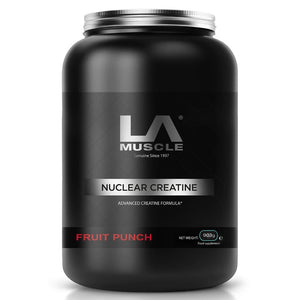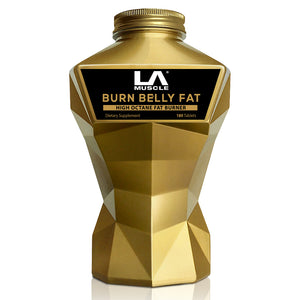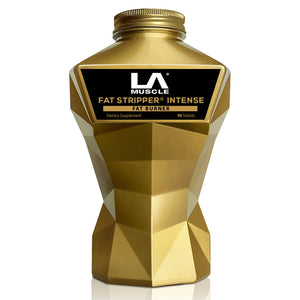
You might think that killing yourself in the gym is the best way to get results but that’s not necessarily the best way to reach your fitness goals. The saying “train smarter, not harder” is something that really relates to this because sometimes going lighter can actually be more beneficial.
Here are three helpful tips that explain exactly just how going lighter in your workouts can help yield better results than ever.
1. More Effort = More Muscle Growth
In a ground-breaking study published in the Journal of Applied Physiology, researchers at McMaster University in Hamilton, Ontario, found that effort, not load, can actually increase muscle growth. Up-ending the commonly accepted training philosophy that hypertrophy occurs only through heavy lifting, the study demonstrated that subjects who lifted lighter weights until reaching muscular failure can gain just as much size and strength as guys who pull big.
Moreover, testosterone, a marker of hypertrophic growth, was found to be as elevated in subjects who lifted to failure with light weights, as in subjects who hoisted heavier at a lower rep range. The key is in the effort exerted.
To get bigger, what drives muscle growth is how much effort, not load, you lift with. Using light weights until ‘failure’ will stimulate and grow both your type I and type II muscle fibres; the type II fibres being those which had always been associated with only heavy lifting.
2. Better Range of Motion
Lighter loads also allow the movement to be performed through the full range of motion. Lifting overly heavy poundage typically takes the weight through a shorter range of motion, resulting in poorer performance.
In a study published in the January 2014 issue of The Journal of Strength and Conditioning Research, researchers found that after subjects performed 12 weeks of strength training with full range of motion, the strength and size of their muscles were greater than those observed in another group that used movements with short range of motion.
3. More Hypertrophic Gains
When you use lighter weights, the muscles you are targeting are able to manage the load by themselves, without reliance on compensatory muscles to assist in the movement, hence more hypertrophic gains occur in the muscles you want to grow.
A good example is the triceps press-down. When the weight is too heavy, the shoulder muscles, being larger than the triceps, overpower the smaller muscles in order to press the weight down. The result? Your shoulders get a great workout, but your triceps are left in the dust.


























